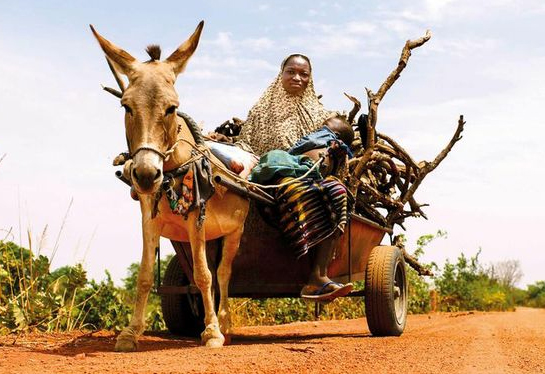
Center for International Forestry Research

New research agenda for West Africa’s Forests
CIFOR has been reinvigorating its focus on West Africa with nine new projects and an expansion of its regional office staffing.
A strategic area for research on tropical forests, climate change adaptation and dry forests, CIFOR established a West Africa Regional Office in Burkina Faso in 2005.
Originally, three major projects were run out of the office, however these ended in 2009.
CIFOR’s fundraising push, starting in 2010, has brought new opportunities for innovative projects to take off.
Few institutions are better equipped than CIFOR to provide leadership in generating quality science, establishing partnership networks and providing a broad perspective of forest-related issues.
Michael Balinga
CIFOR Regional Scientist, West Africa
One of these is the three-year ‘Forests and Adaptation to Climate Change in West Africa’ project, implemented in Burkina Faso and Mali. This project builds on CIFOR’s previous work and aims to mainstream ecosystem-based adaptation into policies and projects. CIFOR will also test a community-based tool for assessing vulnerability and planning adaptation in forest resource management within its ongoing projects and demonstrate to policy makers and farmers how forests could be integrated into adaptation planning.
A 20-month study on the role that forests play in enhancing the resilience of stakeholders to climate change will analyse how forests can contribute to improving the resilience of the wood energy sector in Burkina Faso. A three-year project to assess the threats to Burkina Faso’s priority food tree species also kicked off in 2012.
The four-year program on high-value biocarbon development (BIODEV) is the largest new project. CIFOR is leading the work package on forest interventions.
Additionally, CIFOR is working to establish platforms for policy–science dialogues on climate change and adaptation and has taken the lead in building a network of researchers, policy makers and development workers to monitor change processes and the impacts of human–forest interactions in the West African Sahel.
“Work in West Africa provides a unique opportunity to understand how certain communities have been able to adapt to a very challenging environment,” said Michael Balinga, CIFOR Regional Scientist, West Africa. “West Africa is one of the world’s regions most affected by poverty and climatic variations, and local communities therefore depend on forests and trees for food, medicine and energy.”
